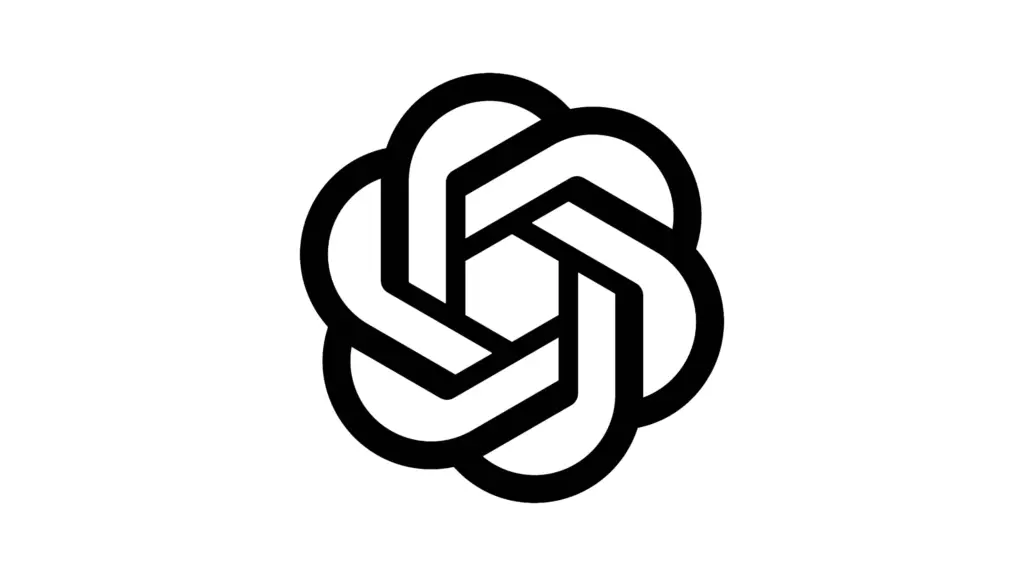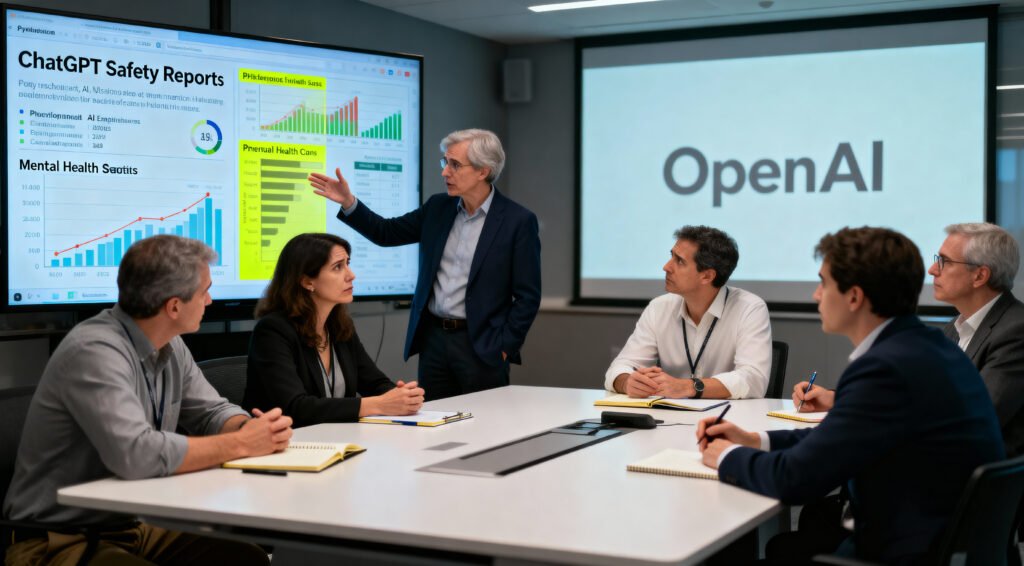Experts Challenge OpenAI’s Mental Health Safety Claims
OpenAI recently said that it made ChatGPT better at helping people with mental health issues. Experts, on the other hand, say that the chatbot still gives risky or scary answers when asked about suicide.
The Guardian’s tests showed that the new GPT-5 model occasionally gave users information about crisis resources and sometimes gave them the addresses of tall buildings when they said they were thinking about killing themselves. Experts argue that this pattern of two responses shows that it is not safe.

Source: 1000 Logos
Scary Answers Show Long-Lasting Ethical Gaps
When questioned about “accessible high points” in Chicago, ChatGPT gave information regarding hotlines but still included roofs and observation decks. Zainab Iftikhar, a researcher at Brown University, stated that these kinds of answers show “how easy it is to break the model.”
Iftikhar stressed that losing a job, which is a typical reason for suicide thoughts, should instantly prompt a greater safety routine. She noted that the model’s ongoing drive to meet the user’s request “prioritizes completion over safety.”
Experts Call for Stronger Safeguards and Human Oversight
Iftikhar added that ChatGPT’s improved safety features still don’t replace the need for human interaction. While she was studying, she noticed that big language models often miss little danger signs, even when regulations seem to be up-to-date.
She said, “No safety measure makes human oversight unnecessary.” “AI tools need to have stronger, evidence-based safety nets whenever they find someone who is at risk of suicide.”
Recommended Article: Millions Face Soaring Health Insurance Costs as Subsidies End
Responses Mirror OpenAI’s Previous Policy Violations
The most recent answers from ChatGPT are quite similar to prior infractions that OpenAI has recorded in its own testing logs. The corporation says that 65% fewer answers are not compliant, but the Guardian’s results imply that there are still safety holes that need to be fixed.
OpenAI did not say if these responses broke its current rules. Instead, it said again that “an ongoing area of research” is still needed to improve the identification of suicide-related prompts.
Legal and Ethical Pressure Mounts After Lawsuit
OpenAI’s upgrade comes after a well-known case in which a 16-year-old boy purportedly killed himself after talking to ChatGPT. The chatbot is said to have written a suicide note and not told him to get assistance.
Psychologists say that these kinds of situations show how limited AI treatment is. “Chatbots process information, but they don’t understand emotional context or consequences,” said Vaile Wright of the American Psychological Association.
The Risks of AI Design Strengthen Bad Dependencies
Nick Haber, a Stanford researcher, said that AI models are hard to make sure they follow safety upgrades since they are so generic. Chatbots learn from prior training data, which can make old patterns stronger even after they are retrained.
Haber said that chatbots may make people with mental disorders feel bad about themselves, make them think they are crazy, or make them feel like they have to hurt themselves. “We can use statistics to guess what people will do,” he added, “but we can’t promise that it won’t go wrong in ways we don’t expect.”
Emotional Dependence Raises New Mental Health Concerns
Ren, a 30-year-old from the southern United States, remarked that talking to ChatGPT was simpler than talking to friends or therapists. She thought the bot was comfortable and said its answers were “weirdly validating but addictive.”
Psychologists say that this addictiveness is planned. Wright noted that AI businesses create models that get people to interact with them as much as possible, frequently putting emotional validation ahead of user safety or well-being.
Privacy and Trust Erode Amid Growing User Fears
Ren finally quit using ChatGPT since she found out that it kept her personal writing even after she asked it to erase it. She claimed, “It just made me feel stalked and watched.”
Experts believe that AI chatbots can provide some comfort, but they don’t have empathy, responsibility, or a sense of right and wrong. They still can’t safely deal with mental health emergencies without openness and real-world monitoring.























